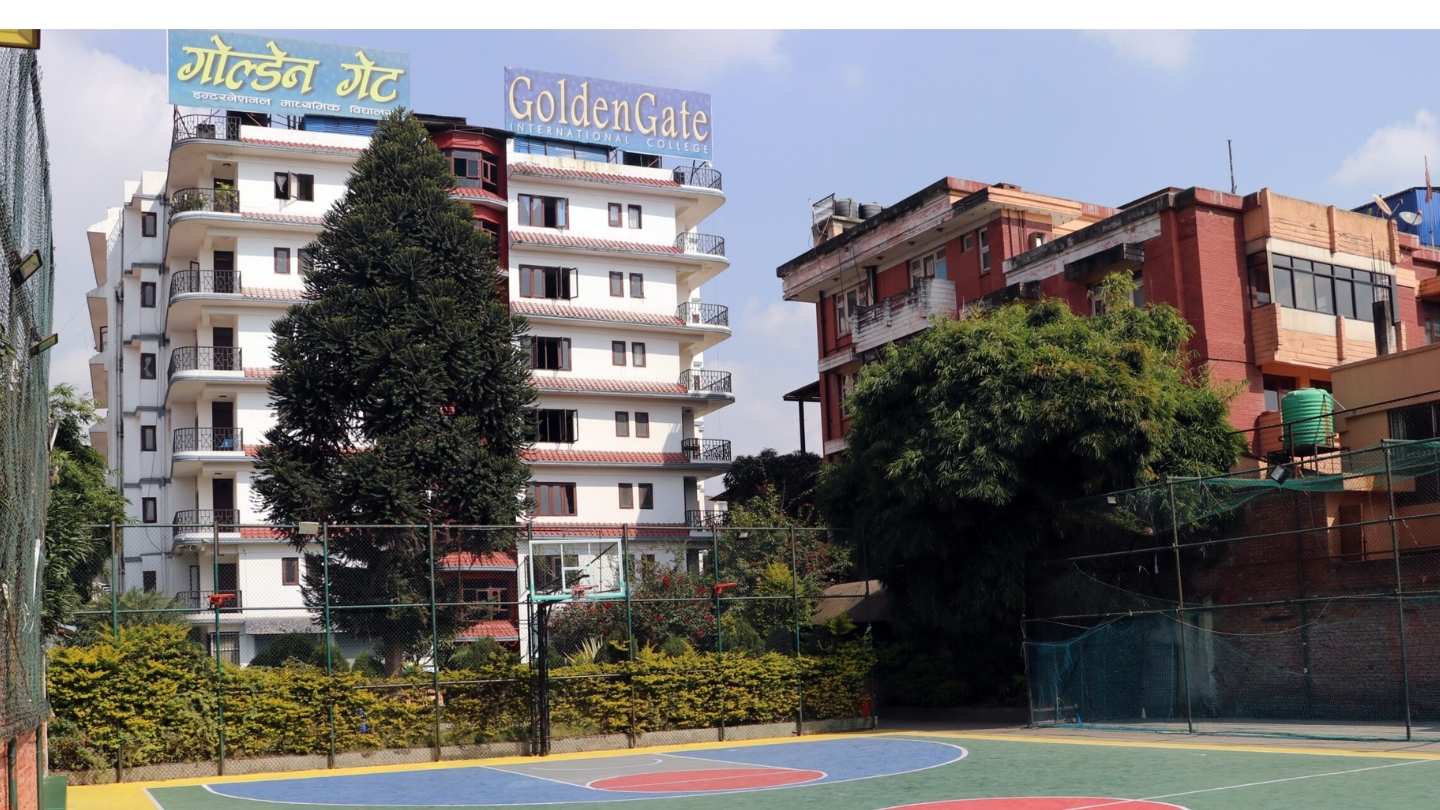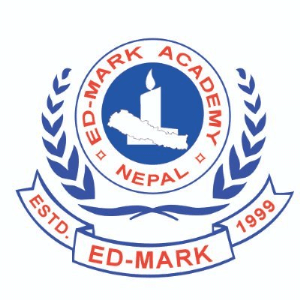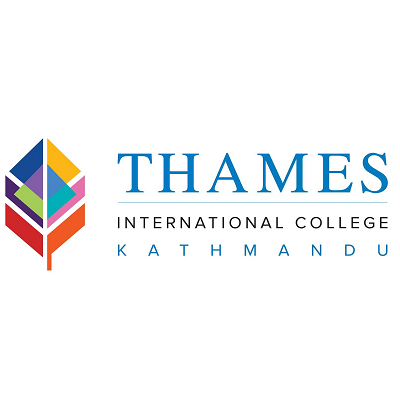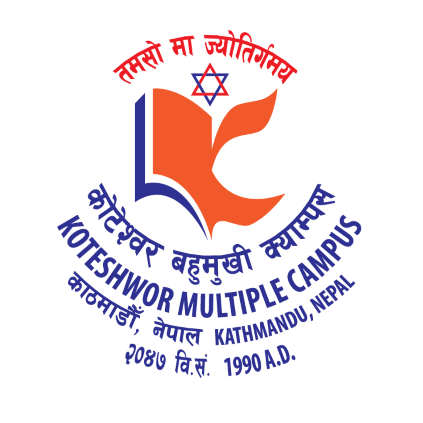Overview
BASW at GoldenGate International College, Battisputali, Kathmandu
BASW at GoldenGate International College, Battisputali–Old Baneshwor, Kathmandu, follows Tribhuvan University’s four-year structure in the Faculty of Humanities and Social Sciences.
The program studies human behavior, social systems, community dynamics, policy basics, social research, and ethics. Students engage in classroom learning, field placement, and supervised reflection so they can handle real-life cases with careful documentation and respect for local contexts.

Highlights
Affiliation: Tribhuvan University (Faculty of Humanities and Social Sciences)
Duration: 4 years (8 semesters)
Academic Area: Social work theory, human behavior and social environment, casework, group work, community organization, social policy, research methods, field practicum
Location: Battisputali, Kathmandu
Evaluation: Internal assessments, field reports, and TU theory/viva components
Learning Support: Departmental seminars, supervision meetings, library access, and e-learning notices
Curriculum Details
Early semesters introduce the foundations of social work, sociology, psychology, Nepali society, and ethics. Students learn interviewing basics, note-taking, and rapport building. Short role-plays and case notes strengthen the habit of listening before proposing actions.
Middle semesters cover casework, group work, community organization, program planning, and monitoring basics. Research methods appear through sampling, questionnaires, and simple data analysis. Field placement brings you into contact with communities and partner organizations, where you observe, assist, and document supervised tasks.
Later semesters add policy literacy, development perspectives, project cycle concepts, and advocacy techniques. Students complete a guided project or report that links field observations with theory. Presentation sessions help you explain choices and limits in your approach.
Objectives
-
Conceptual Clarity: Understand social work values, roles, and methods across micro, mezzo, and community levels.
-
Field Readiness: Build safe, respectful engagement with individuals, groups, and communities.
-
Research Habit: Collect data with care, maintain consent records, and analyze findings with transparency.
-
Ethical Judgment: Recognize boundaries, confidentiality needs, and referral pathways.
-
Documentation: Produce concise, factual reports that support decisions and follow-up.
Scope
Graduates support programs in child protection, health and nutrition, gender and inclusion, disability support, livelihoods, and disaster response. Roles often involve counseling support under supervision, community facilitation, documentation, and research assistance. Many students continue to graduate study in Social Work, Sociology, Rural Development, Psychology, or Public Health when they meet entry criteria.
Learning Outcomes
-
Assessment Skills: Map needs and strengths, set realistic goals, and write service plans within resource limits.
-
Intervention Basics: Conduct casework sessions, facilitate group meetings, and mobilize community actions with supervision.
-
Research and M&E: Prepare tools, collect data ethically, and present tables and charts with short narratives.
-
Policy Awareness: Read national policy notes and link program activities to relevant frameworks.
-
Communication: Draft case notes, minutes, and referral letters that are clear and traceable.
Skill Development Modules
-
Interviewing and Counseling Basics: Open-ended questioning, active listening, and session summaries.
-
Group Facilitation: Agenda setting, roles, conflict handling, and meeting notes.
-
Community Organization: Stakeholder mapping, events, and simple budgets for activities.
-
Research Methods: Sampling frames, data entry, and introductory analysis in spreadsheets.
-
Reporting: Case records, progress updates, supervision notes, and presentation slides.
-
Professional Conduct: Time management, safety planning, and ethics in field visits.
Teaching Methodology
Teaching uses lecture–discussion, workshops, simulations, and community exposure. Field placement occurs under supervision agreements with partner organizations. Internal evaluation includes class tests, reflective journals, field reports, and presentations. Final evaluation follows Tribhuvan University’s format, including viva related to field learning.
Admission Requirements
Eligibility: 10+2 or equivalent in any stream that meets Tribhuvan University’s threshold
Entrance: College/TU process as announced for BASW intake
Selection: Merit-based lists, document verification, and seat confirmation within deadlines
Documents: Mark sheets, character certificate, recent photos, identification, and equivalence if applicable
Advisory: Students from other boards complete equivalence procedures before admission
Career Opportunities
Typical Roles: Social work assistant, community facilitator, case worker under supervision, program assistant, research assistant, documentation officer
Work Settings: NGOs/INGOs, community-based organizations, schools and shelters, health and protection programs, local bodies
Growth Path: Senior case worker or program officer after experience and further study; master’s programs where entry rules fit
Scholarships and Financial Aid
Categories: Merit by results, entrance performance, inclusion categories, community-school background, and recognized ECA/sports
Renewal: Performance-based continuation each academic year as per program rules
Tip: Keep certificates organized, obtain recommendation letters where asked, and monitor official notices
Why Choose This Course?
Integrated Learning: Classroom concepts link directly to supervised field practice and reflection.
Practical Records: Case notes, supervision logs, and field reports become evidence of growth.
Local Relevance: Kathmandu location supports partner meetings and workshops scheduled during the semester.
Future Options: A four-year record supports progression to master’s study and program roles that value ethics and careful documentation.
Conclusion
BASW at GoldenGate International College helps you build professional habits for real community settings. Students practice assessment, note-taking, group facilitation, and ethical decision-making. Careful field journals, consistent attendance, and open communication with supervisors shape your progress across the four years.
FAQ
Is BASW under Tribhuvan University?
Yes. The program follows Tribhuvan University rules for coursework and examinations.
How long is the program?
Four years across eight semesters.
Does the course require field placement?
Yes. Students complete supervised field work with reports and reflection.
What language is used in class?
Classes run primarily in English, with Nepali used where appropriate.
Can I pursue a master’s degree after BASW?
Yes. Graduates apply for relevant master’s programs when they meet eligibility and entrance criteria.






















